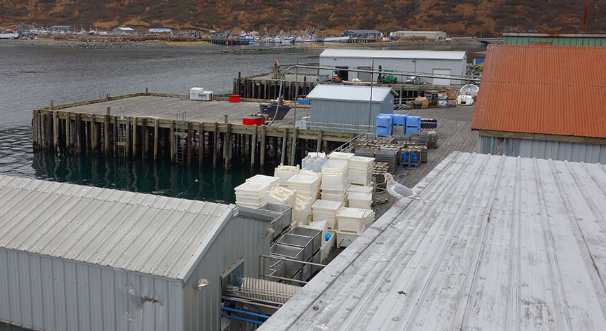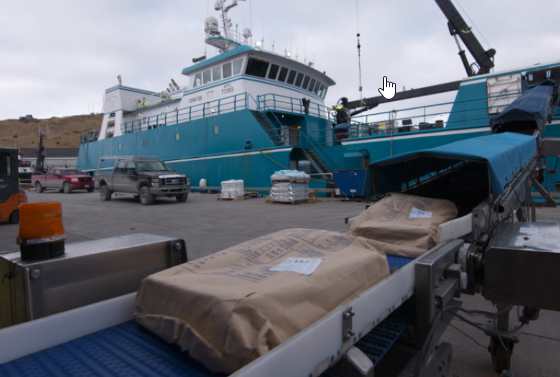Cautious optimism as Federal Government gets serious about the looming threat
Juneau, AK – Alaskan fishermen expressed a combination of relief and optimism as the Biden Administration released its federal plan to address climate change. Having long been aware of the need to address a rapidly changing climate. Climate change is among Alaskan fishermen’s top concerns according to a 2020 survey of more than 750 fishermen.
As an Alaska fisherman I can tell you first hand that climate change has put America’s access to healthy, sustainable wild seafood at stake — and with it, thousands of fishing jobs, businesses, and communities dependent on access to wild seafood,” said Tyson Fick, a Juneau-based commercial fisherman. “Fishermen are on board to work with the Biden Administration to develop the tools and policies that will help fisheries and fishing-dependent communities to adapt and survive in this changing world. The cost of inaction is one that we cannot afford,” Fick continued.
Alaska’s fisheries are a renewable economic engine and source of nutritious, wild protein for not just Alaska, but our country. Nationally, Alaska produces more wild seafood than any other state in the country and generates $12.8 billion in annual economic output for the U.S. Additionally, Alaska’s commercial fisheries are the single-largest private sector employer in the state, providing more than 37,700 Full Time Equivalent jobs and generating $2.1 billion in annual labor income. In Alaska’s remote but thriving coastal communities, there is little else that can replace the engine of a blue economy.
[content id=”79272″]
“Meaningful, equitable engagement with fishing communities must be a prerequisite to establishing broad ocean policy goals. We are heartened to hear the Biden Administration’s commitment to involving the people and communities who know best the mysteries of the ocean and who have been sounding the alarm for ocean health for decades as partners in ocean governance and climate policy,”said Melanie Brown, a 4th generation Bristol Bay setnet fisherman. As fishermen, we have direct and vast knowledge of ocean conditions and the rapid environmental changes taking place. There is no replacing these insights, and you will find no better advocates for ocean health than the people who celebrate, ritualize and rely upon sustainable wild harvest of these resources.”
A provision of the executive order calls for conservation of at least 30 percent of our lands and oceans by 2030 and, according to a statement from the White House: “launches a process for stakeholder engagement from agricultural and forest landowners, fishermen, Tribes, States, Territories, local officials, and others to identify strategies that will result in broad participation.”
“I feel like we are being heard. Fishermen have not always had the best experiences with environmental laws and regulations. Yet, with the 30×30 provision, we are guardedly optimistic that the Biden Administration will adopt an equitable and transparent process with a high level of local involvement and direction,” said Fick. “If this means durable and meaningful protection for fish powerhouses like Bristol Bay and the Tongass, then fishermen are onboard. If it means locking up traditional fishing grounds from sustainable fishing, then that will be something we would hope to avoid. Time will tell, but unfortunately, we don’t have a lot of time to take action. The time for action is now and we urge the Biden Administration to include Alaska’s fishermen in the next steps of this process and ensure that commercial fishermen are at the helm of ocean-based climate solutions.”
The Salmon Habitat Information Program (SHIP) is The Alaska commercial fishermen’s source for Information and Action on the health of salmon runs we depend on.








